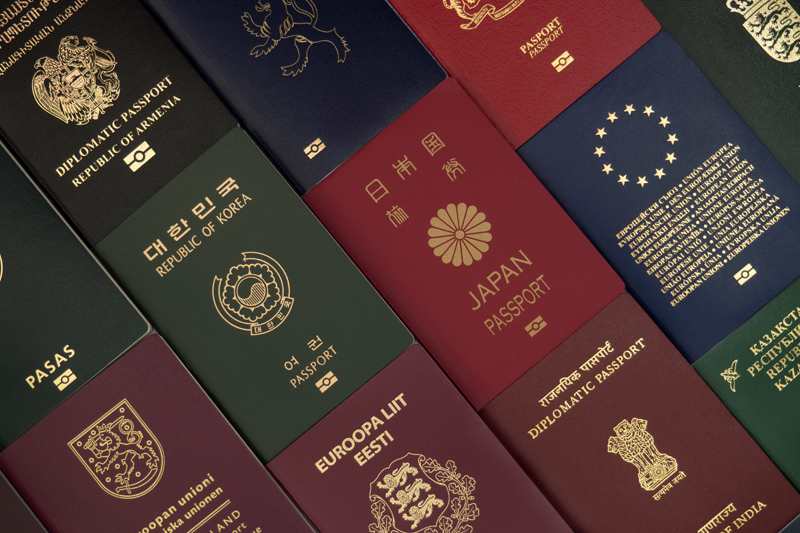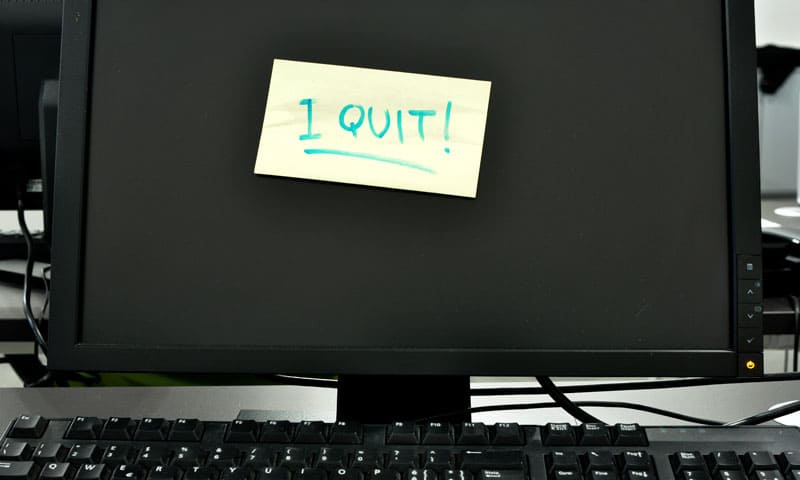According to The Securities and Exchange Commission, the two Hong Kong-based firms which managed accounts that were frozen in a major insider trading case in 2012, have now agreed to pay almost $11 million to settle allegations against them. The Securities and Exchange Commission, according to Bloomberg News, has collected almost $30 million in illicit profits and penalties in the case.
Anyone with awareness of material information that’s not publicly available can be found guilty of illegal insider trading if that person acts on that information and either dumps or purchases securities.
The SEC obtained an emergency asset freeze in July 2012 against unknown traders only days after the announcement that China-based CNOOC Ltd. had agreed to acquire Canadian energy company Nexen Inc., causing more than a 50 percent spike in the price of Nexen shares. The SEC filed the emergency action after discovering that traders using brokerage accounts in Hong Kong and Singapore stood to make more than $13 million in potentially illicit profits.
The SEC enforces some strict guidelines that create the line between legal and illegal insider trading. The premise is simple: when a person with knowledge that can impact a company’s stock price be it positive or negative — makes a trade based on that knowledge, he or she has engaged in illegal insider trading. The concept is based on fairness; having information that isn’t available to everyone else trading on the market gives the insider, well, an “inside” advantage.
Any time a company executive or employee buys or sells stock in the company that person works for, an inside trade has occurred. The Securities and Exchange Commission enforces some strict guidelines that create the line between legal and illegal insider trading. The SEC has now obtained almost $30 million in ill-gotten gains as well as financial penalties from foreign traders who purchased Nexen stock while in possession of nonpublic information about the pending acquisition.
Sanjay Wadhwa, the senior associate director for enforcement in the SEC’s New York Regional Office said “The SEC’s swift action in this case ensured that traders located on the other side of the globe were not only deprived of their illegal insider trading profits but eventually paid steep penalties.”
One of the most famous cases of insider trading made household names of Michael Milken, Dennis Levine, Martin Siegel and Ivan Boesky. Milken received the most attention because he was the biggest target for the Securities and Exchange Commission, but it was actually Boesky who was the spider in the center of the web. The SEC drew up a list of 98 charges worth 520 years in prison against the junk bond king. The SEC charges didn’t all stick, but Boesky and Milken took the brunt with record fines and prison sentences. On Investopedia.com they are known as Levine, Siegel, Boesky and Milken: The Precognition Rat Pack. For jobs at the SEC, click here.
Image Credit: www.cgmalaysia.blogspot.com













































